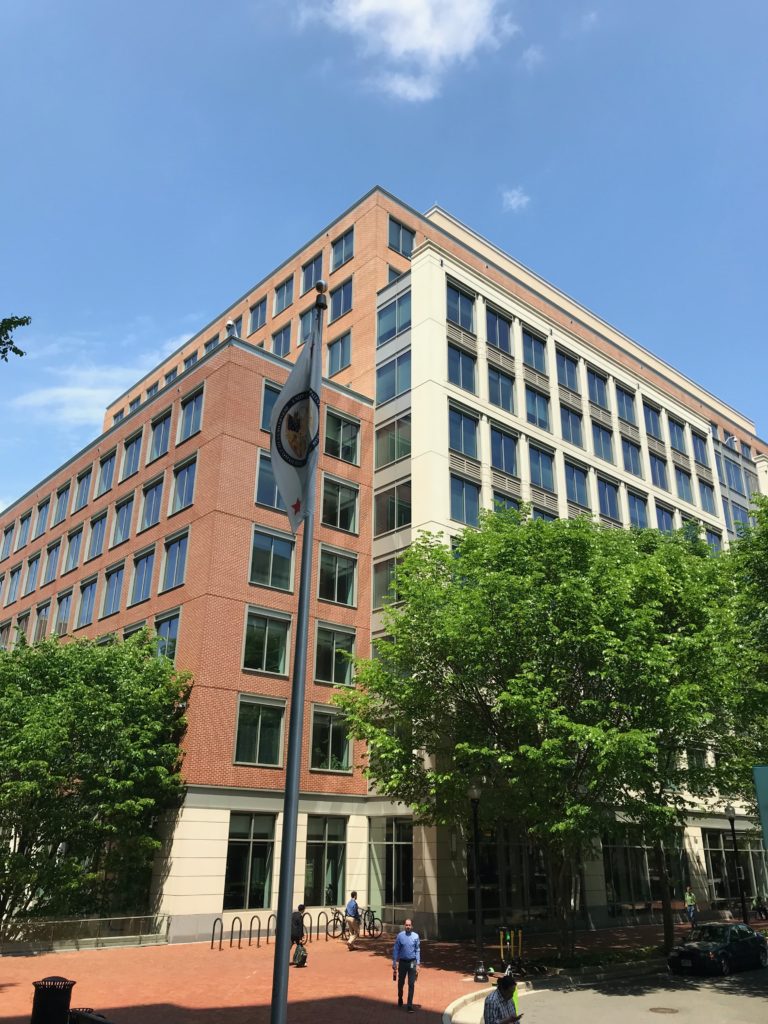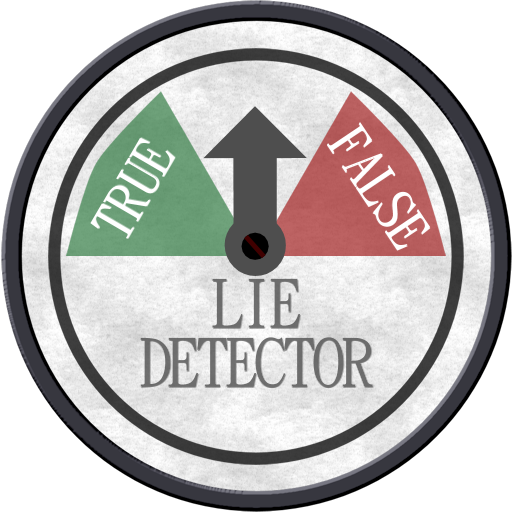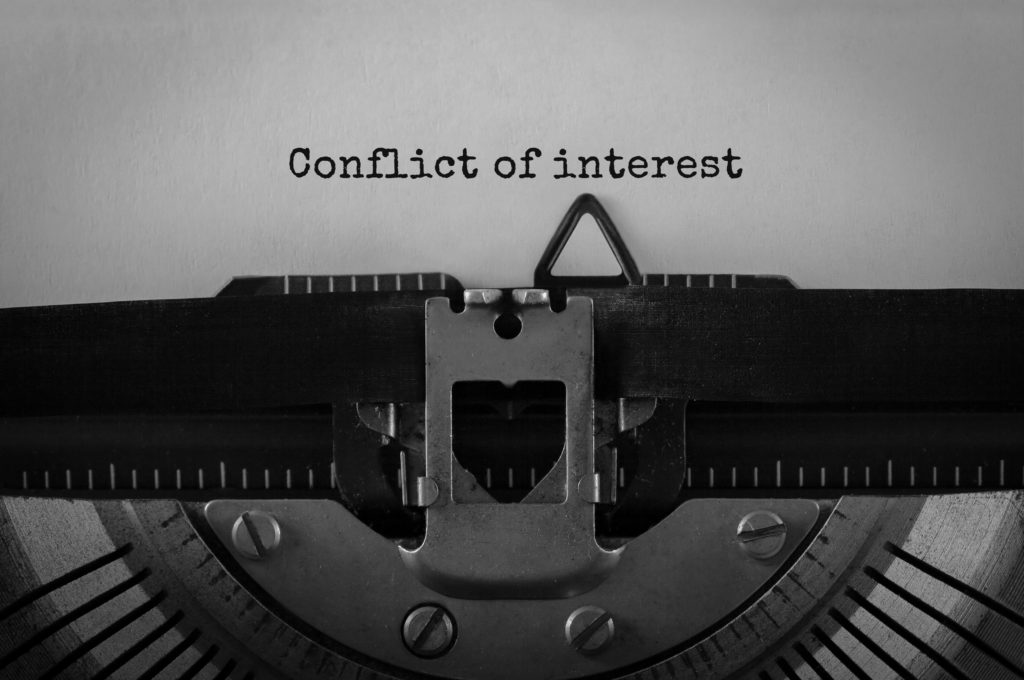What To Do When You Receive An OED Grievance.
Whether you practice in trademark or patent law, you generally want to avoid receiving communication from the Office of Enrollment and Discipline (OED). But what happens when they send you a certified letter that includes a Request for Information and Evidence Under 37 CFR 11.22(a) (RFI)? Understanding one of OED’s core missions, investigating allegations of […]
What To Do When You Receive An OED Grievance. Read More »







